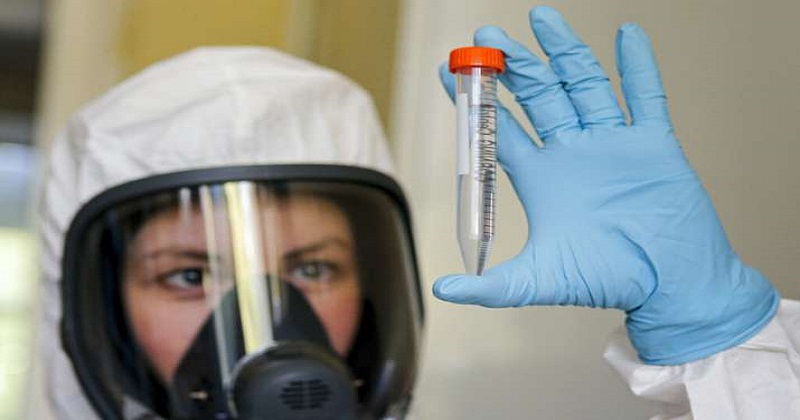
Russian President Vladimir Putin announced world’s first coronavirus vaccine ‘Sputnik V’ that is ready to use and works quite effectively. Putin declared that the Health Ministry had approved on August 11th 2020, the coronavirus vaccine that had been developed by the Gamaleya Institute of Moscow, with the assistance of Russia’s Defence Ministry. Making the big announcement, Putin said it forms a stable immunity against coronavirus informing that one of his daughters has already been vaccinated.
The vaccine has been called Sputnik V, named after the first artificial Earth satellite, Sputnik-I launched by the Soviet Union. It is the first Covid-19 vaccine to be approved. It is an adenovirus vector vaccine. The Russian vaccine has outrun other Covid-19 vaccines like Oxford-AstraZeneca, Moderna and Pfizer which are still in trials. India’s Covaxin has been approved for human clinical trials. Another Indian vaccine ZyCoV-D has entered phase I/II of clinical trials. The vaccine is based on the DNA of a SARS-CoV-2 type adenovirus, a common cold virus. The vaccine uses the weakened virus to deliver small parts of a pathogen and stimulate an immune response. The vaccine is administered in two doses and consists of two types of a human adenovirus, each carrying an S-antigen of the new coronavirus, which enter human cells and produce an immune response.
What Russia had explained so far is that the vaccine uses a different virus, the common cold-causing adenovirus, which is made to carry the genes of the protein spikes of the coronavirus, to prime the human body before any actual Covid-19 exposure. On the other hand, no information regarding the test has been shared. The World Health Organization (WHO) has been driving vaccine candidates to share their data to the rest of the world for peer review.
Russia will launch mass production of the Sputnik V or Covid-19 vaccine in September. At least 20 countries had expressed interest in obtaining the Sputnik V, including UAE, Saudi Arabia, Indonesia, Philippines, Brazil, Mexico and India. The vaccine, however, has received some questioning from scientists around the world as the vaccine was approved following less than two months of human testing. Experts expressed concerns over the safety and efficiency of the vaccine due to its extremely fast production and lack of published data on the vaccine. Russia has only made public the results of phase-I of the clinical trials, which it claimed were successful and produced the desired immune response. Since adenoviral vectors are based on natural viruses that some humans might already have been exposed to, these vaccines might not work for everyone.
Sputnik V, therefore, leaves us with many questions. That is why we wonder about this sudden eagerness to be immunized with a vaccine whose efficiency and safety is only vaguely explained.

Post Your Comments